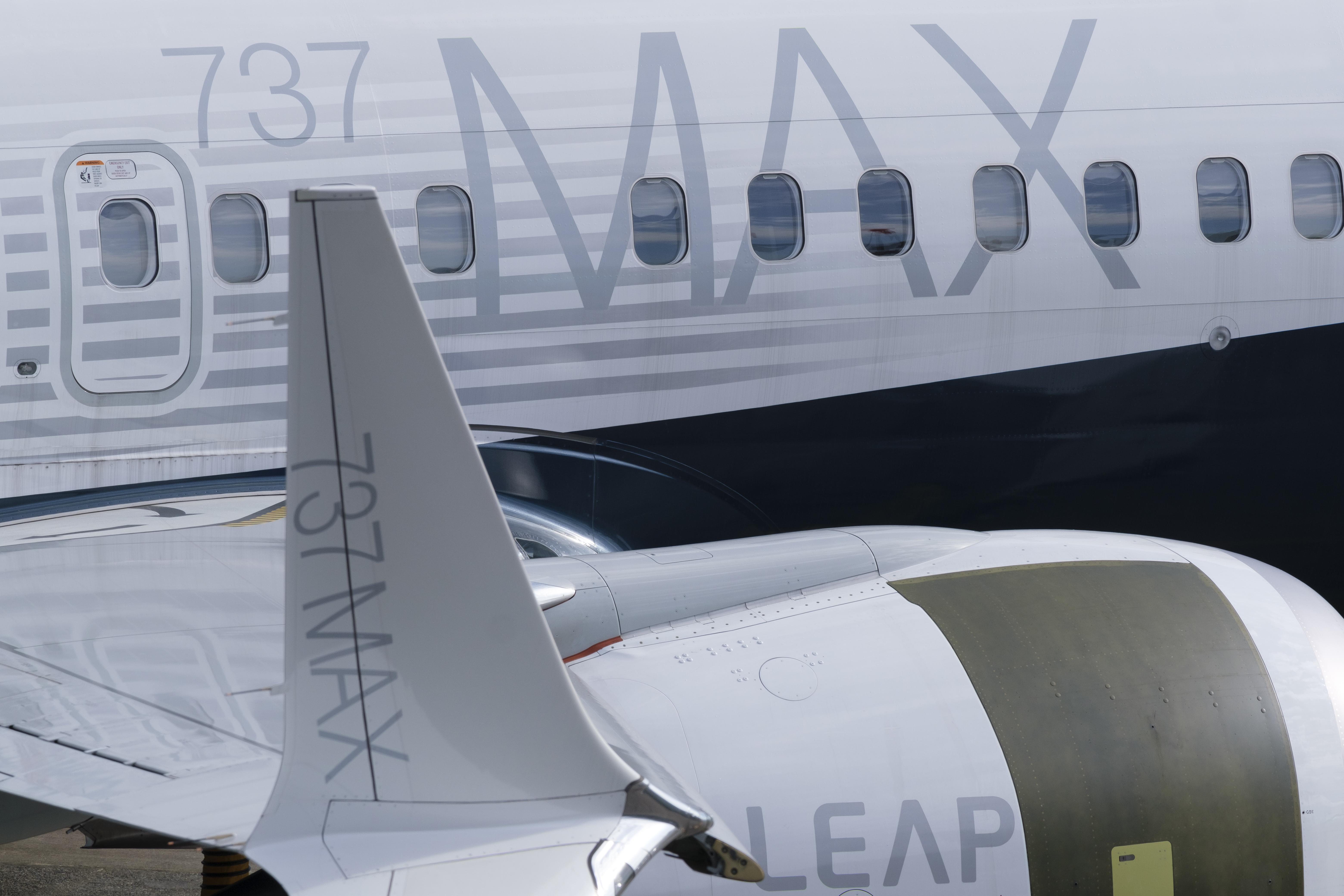
Amid signs that Boeing is hoping to resume production of the 737 MAX in May the company says flight tests of the three current versions of the model, the -7, -8 and -9, are continuing despite the general shutdown of its Puget Sound facilities because of the coronavirus.
Although production of all aircraft has been temporarily halted across its northwest facilities, Boeing is still working to finalize changes to the maneuvering characteristics augmentation system (MCAS) flight-control law in the MAX—which was grounded in March 2019 following two fatal accidents in less than six months. The changes to the MCAS logic, which provides automatic horizontal stabilizer input in certain flaps-up, manual-flight profiles, will be accompanied by more extensive training.
The MAX fleet meanwhile remains grounded until regulators approve the changes and training requirements, although Boeing owned or leased pre-delivered development aircraft continue to fly as part of testing and evaluation of the changes. With approval taking longer to achieve than originally expected, Boeing also opted to temporarily suspend production of the aircraft at its Renton site in January. In an unrelated move, manufacture of the company’s widebody aircraft at Everett was additionally halted for two weeks starting Mar. 25 in a bid to slow the spread of the COVID-19 disease.
To evaluate the changes to the MAX, Boeing is conducting a flight test program called “operate like an airline,” which closely resembles the function and reliability flights the company runs as a standard part of pre entry-into-service checks for all new models. “We have been working with regulators to appropriately address all certification requirements and safely return the 737 MAX to service. This includes operating flights of 737 MAX 7, -8 and -9 aircraft to extend testing capacity and ensure a more complete representation of our customer’s diverse fleets and operations,” Boeing said.
On Mar. 25, as part of the program, a 737-8 intended for eventual delivery to Southwest Airlines was operated from Boeing Field to Spokane, Washington, while a 737-9 built for Alaska Airlines was flown from Seattle to Moses Lake. “In each of the cases, a small test team on board exercised short- and long-haul engineering flights that will help satisfy specific test conditions for the updated software. These are not certification flights,” the company added.
Flight tests of the 777-9, the first of the company’s long haul 777X family, have meanwhile been temporarily suspended for two weeks as a result of the coronavirus precautions. Although Boeing declines to comment on the move, first reported in the Air Current, the initial 777-9 WH001 remains on the ground at Boeing Field where most flight testing is based. The halt in 777X flight testing comes just days before the second aircraft, WH002, was set to join the program with a first flight from Everett’s Paine Field.
Indications of the 737-production restart, together with agreement on Mar. 24 over the U.S. Senate’s coronavirus relief bill, meanwhile dramatically boosted Boeing share value to more than $168 in early afternoon trading Mar. 25 from a low of around $94 just two days earlier. The turnaround followed comments by Boeing CEO David Calhoun reported by Reuters that indicated the MAX could return to service by early summer.

Comments
Odd, I haven't heard a "thank you".